10 Powerful Strategies for Effective HR Management
In today’s rapidly changing work environment, effective HR management is crucial for the success of any organization. This blog outlines 10 powerful strategies for effective HR management that can help HR leaders enhance productivity, engagement, and overall workplace satisfaction.
Introduction
Human Resources (HR) plays a vital role in shaping the workplace culture and driving organizational success. With the rise of remote work, technological advancements, and shifting employee expectations, HR leaders must adopt innovative strategies to stay ahead. Here are ten strategies that can transform your HR practices.
1. Embrace Technology
Leveraging technology is essential for modern HR management. Implementing HR software can streamline processes such as recruitment, onboarding, and performance evaluations. Consider using AI-driven tools to enhance candidate screening and improve employee engagement.
Benefits of HR Technology
- Increased efficiency in HR processes
- Improved data management and reporting
- Enhanced employee experience through self-service portals
For more on AI tools in HR, visit Gigin’s AI Agents.
2. Foster a Positive Culture
A positive workplace culture is key to employee satisfaction and retention. Encourage open communication, collaboration, and respect among team members. Regular team-building activities can also strengthen relationships and improve morale.
3. Invest in Employee Development
Continuous learning is vital for employee growth. Offer training programs, workshops, and mentorship opportunities to help employees develop new skills. This not only benefits the employees but also enhances the organization’s talent pool.
4. Implement Flexible Work Arrangements
Flexibility in work arrangements can lead to higher employee satisfaction. Consider options such as remote work, flexible hours, and compressed workweeks. This approach can help employees achieve a better work-life balance.
5. Enhance Communication
Effective communication is essential for a cohesive work environment. Utilize various communication tools and platforms to ensure that all employees are informed and engaged. Regular feedback sessions can also help address concerns and foster transparency.
6. Utilize Data-Driven Decision Making
Data analytics can provide valuable insights into employee performance and engagement. Use HR metrics to make informed decisions about hiring, promotions, and employee retention strategies. This approach can lead to more effective HR practices.
7. Focus on Employee Well-being
Employee well-being should be a priority for HR leaders. Implement wellness programs that promote physical and mental health. Providing resources such as counseling services and fitness memberships can enhance overall employee well-being.
8. Encourage Diversity and Inclusion
Diversity and inclusion are critical for fostering innovation and creativity. Create initiatives that promote diverse hiring practices and inclusive workplace policies. This can lead to a more dynamic and engaged workforce.
9. Recognize and Reward Performance
Recognizing employee achievements is essential for motivation. Implement a recognition program that highlights individual and team accomplishments. This can boost morale and encourage high performance across the organization.
10. Continuously Evaluate and Improve
HR practices should not remain static. Regularly assess the effectiveness of your HR strategies and make necessary adjustments. Solicit feedback from employees to identify areas for improvement and ensure that your HR practices meet their needs.
Conclusion
Implementing these 10 powerful strategies for effective HR management can significantly enhance your organization’s performance and employee satisfaction. By embracing technology, fostering a positive culture, and focusing on employee development, HR leaders can create a thriving workplace. For more insights on HR management, check out Gigin’s Pricing.














